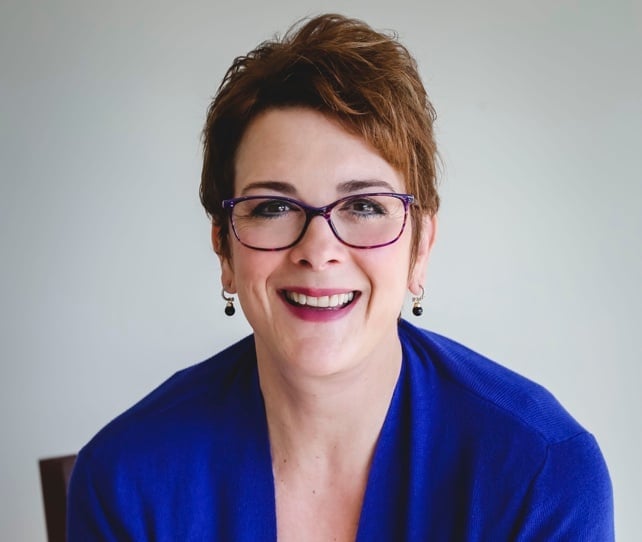Most of usthink hopeislike wishing ona star.Itfeels nice but alsodistant, alive only insomefairytalefuturewith little practical use inthepresentworld of hard facts.After the 1995 OklahomaCitybombing,I learnedthere is a deeper and more powerful reality inhopethat goesbeyond amerewish.As it turns out, true hope isscientificallyprovento help healboth individualsandorganizations after prolonged trauma and loss.
Our credit unionexperienced extreme traumaand lossinthe aftermathof thebombing of theAlfred P.MurrahFederalBuilding. Our only office was destroyed.Mostof our managers and over halfofour staffwere killed.I was one of the few lucky survivors, buried alive for over six hours.Beyond the griefand funerals, replaced computersand newoffice space, we still had hope.
I never had the words to describe this untila year before the pandemic.I ran across thebookHope Rising, coauthored byDr. Chan Hellman, PhD,theDirector of the University of Oklahoma’sHope Research Center.His framework and pathwaysamongtrauma, loss, and hope perfectlydescribedwhat I experienced after thebombing. According to Dr. Hellman, hope’s true definition is the belief that the future will be better, andyou have a role in making that happen.
We often forgetthat second, criticalpart of hope’s definition. We say things like “I hope you have a great trip,” but we really have no control over thattrip. We may hope to win the lottery, but again, we have no role in making that happen.True hopeis a beliefthatyouwillhelpcrea
The problem, asDr. Hellmanscientificallyproves
The good news is you canrestore hope with intentional action. Against all odds, ourcredit union survived and even thrived in the aftermath.We found success because leaders within the credit union industrytook time to intentionallyreignite our hope.They found ways toremind us that we did, in fact, have a role in making our future better.We dustedoff the gray soot of victim mentality andmoved swiftly towardnew goals with confidence.
I am forever gratefulmy mentors taught ushope was a verb with its sleeves rolled up.Personally, those lessons in hopehelped me go back to college, rise in management, and even complete an Ironman triathlon.I feel blessedfor the opportunity toteach others about the power of hope. I encourage youtoconsider doing the same and letyourpower ofhopeblaze a brighter future.
Amy Downs is CEO of Allegiance Credit Union (formerly Federal Employees Credit Union), a survivor of the 1995 OKC Bombing, and author of the book,Hope is a Verb.







